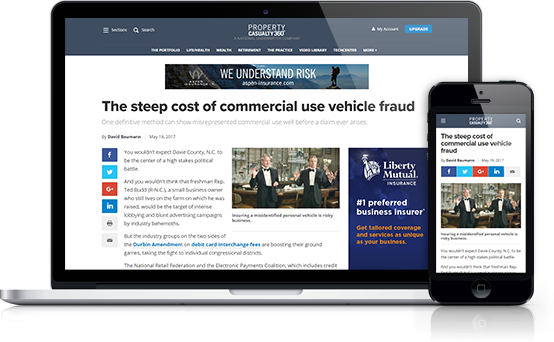Marketing e-mail has become a disgrace. My in-box is flooded with e-mail that assumes I am broke, overweight, a degenerate, and not the man I used to be. The online public and its legislators are outraged by all this spam. Corporate America is spending millions on spam filters; states are passing aggressive and restrictive spam laws. We all agree it is a problem. Yet as business people and technologists, we also know e-mail is a cost-effective way to reach customers and potential customers. Your organization may not be directly involved in sending bulk e-mails, but Ill wager someone up or down your food chain is.
As of press time, the U.S. Federal Trade Commission had the authority to enforce the national Do Not Call Registry. Even if the courts overturn this legislation, the average consumer is so sick of telemarketers that the telephone may no longer be a viable means of marketing. Direct mail marketing has become cost prohibitive and less effective. Whats left? E-mail. Like it or not, e-mail marketing is a valuable business toolboth in the B2B and B2C marketplace. That e-mail may be coming from the home office, or an agency, or an agent. The source doesnt really matter. What does matter is an e-mail carrying your companys branding is touching customers or prospects, and you need to make certain your e-mail is not identified as spam. E-mail doesnt even need to carry a marketing message to be considered spam. The phrase unsolicited bulk e-mail often may connote a marketing or sales pitch, but it just as easily could be a piece of corporate communication or a newsletter.












 Copyright © 2025 ALM Global, LLC. All Rights Reserved.
Copyright © 2025 ALM Global, LLC. All Rights Reserved.